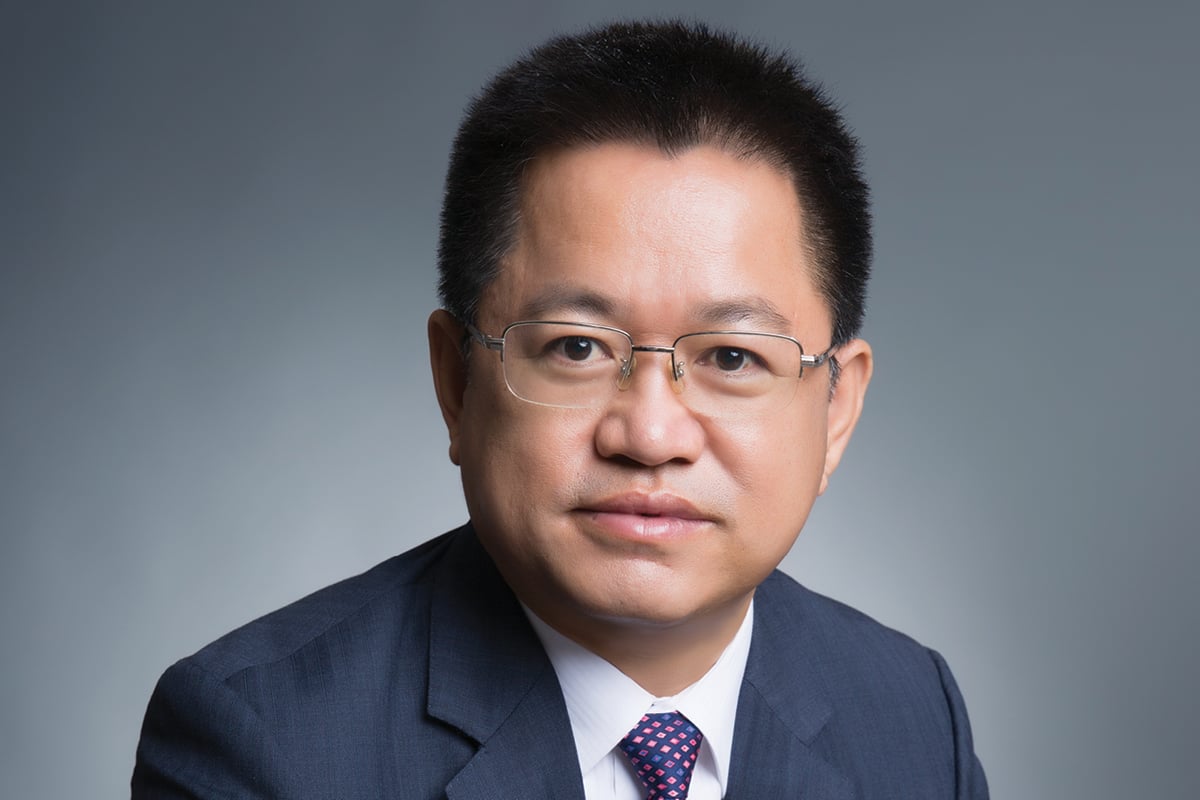Founded in 2001, China Resources Power (CRP) operates and manages a network of coal-fired power plants as its core business and has recently diversified into other forms of power production, including wind power, solar PV, hydropower and distributed generation.
President Min Hu has been in his role since 2016, having caught the eye of senior management when he ran a power plant for a joint venture CRP partnered in.
Min says that energy efficiency is one of the strengths of the Hong Kong-listed company.

“For our coal-fired power stations, there is little room to improve on CRP’s side. We currently have one of the most energy-efficient power stations in the world in terms of coal consumption per megawatt hour.”
Utilising synergies across its supply chain has been a major efficiency driver, Min explains.
“We oversee and control everything from construction to operations. This approach has meant we currently don’t have many challenges on the efficiency front.”
A significant shift
The most significant development in China’s power sector in recent years was the government announcement of an unprecedented investment in renewable energy.
It will aim to spend at least US$360 billion on the sector by 2020. This expenditure is projected to create around 13 million jobs.
The shift to more sustainable energy sources is also expected to reduce the emission of greenhouse gases, which have contributed to global warming, and help lessen air pollution around Chinese cities.
The renewables sector has become far more cost-effective in recent years, partly due to advances in manufacturing.
Min says the transition to this relatively new sector is good news for CRP’s growing renewables arm.
“The Chinese government is bearing a lot of pressure to reduce our national particulate emissions. There are real incentives to look at more alternative energy projects.”
“From CRP’s perspective, we are very good at controlling our construction costs, so our profitability on our renewables looks to be strong, especially this year.”
“We are already seeing benefits from the national investment in renewable energy.”
“Our profitability on our renewables looks to be very strong… We are already seeing benefits from the national investment in renewable energy.”
Another recent seismic shift in the Chinese energy industry was the deregulation of retail power sales.
This allowed companies without grid access to enter the retail electricity market, which is worth US$500 billion.
Min acknowledges the move has introduced a new class of competitors but says CRP is well placed to withstand the challenge.
“Fortunately, we own many major power plants and this enables us to sell electricity very efficiently. Ownership is a major advantage in competing with the smaller enterprises in this market.”
“We also have a level of organisational efficiency that is very useful on this front. Customers come first for us, so we have really geared our business around providing the best service.”
“That is a point of difference from our competitors in China.”
In terms of its power generation business, CRP continues to leverage its technology and benefits from steep barriers to entry.
“I think this is how we respond to the market better than others in the industry,” Min explains.
Building efficient relationships
Any coal-powered plant is reliant on its coal suppliers and Min says CRP has applied simple criteria when choosing coal sellers to build relationships with.
“We look for someone who can develop a long-term working relationship in a friendly way. We regard this as the top priority in working with our suppliers as we have to build a close and very efficient relationship.”
“The second thing we look at is the quality. For our equipment and coal suppliers, in particular, it is extremely important for the procurement program that we can control our cost while maintaining exceptional quality.”
“We have an enterprises committee whose aim is to ensure a reasonable price when we acquire coal or equipment.”
CRP has also recently worked with a number of energy solutions provider start-ups. Min says that entry barriers can be high in the energy industries for such companies, but that partnering with established industry players can be more than mutually beneficial.
“We see a lot of opportunities to work with smaller companies and incorporate their technologies into our own capabilities.”
“There are particular opportunities in emerging fields, where these providers can help us gain more knowledge of new areas.”



